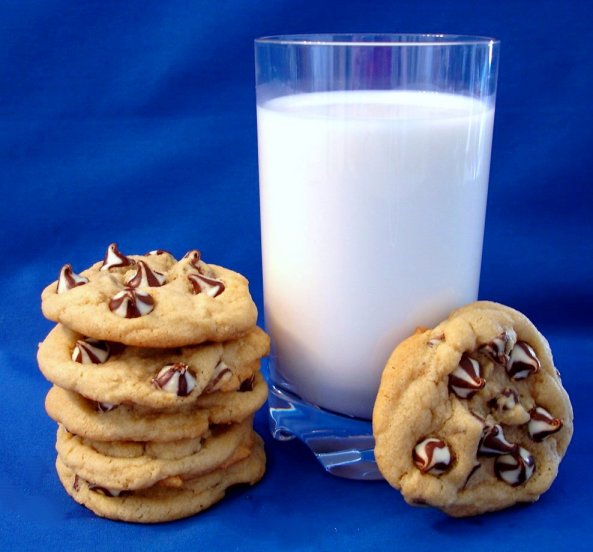

When many people think of the gay community, they picture wild raves and drunken sex. These images come at the expense of any sort of family life, especially one involving children. The reality lies somewhere in between. Just as some straight people don’t want families, some gay people don’t want children. However, many do. I consider myself to be in that group — I love children, I babysit at every opportunity and I make an utter fool of myself when there are small children in Val. Still, I often feel myself excluded from both the ideal and the reality of family life, even in peripheral contexts. I’m queer, and I hesitate to even disclose my sexuality when company comes over with kids. Will the parents be upset if their children know I like women? What if they think I’m trying to “convert” their kids? What if, what if, what if.
When children and queer people are included in family life, tension builds quickly. Many heterosexual parents see LGBTQ people as threatening, and want to “protect” their children from us. Naturally, this is not comforting for people like myself who see themselves as being parents, but continually feel rejected from any conception of family. I look around, and the only images of families I see in ads and the media are heteronormative (not to mention of a single race, within the gender binary and able-bodied). Shows like “Modern Family” and “The Fosters” are starting to surface, but they have not been received free of controversy and are nowhere near being seen as the norm. Although same-sex marriage is making strides, reception to gay couples having children is strikingly harsh. Last year, when France was in the process of legalizing same-sex marriage, 300,000 people marched against the law, not because they were against same-sex marriages, but because the law would enable gay couples to adopt children.
This exclusion from the family sphere can weigh heavily on me. I distinctly remember when, two years ago, I was on a walk and I broke down crying thinking that I would never be able to have my own children. There are still moments of despair, but being here at Amherst, more specifically in Pride Alliance, has helped. I’m the co-chair of Pride, and my wonderful co-chair, Matt Randolph, had a brilliant idea last semester. National Coming Out Day is October 11th, which fell during last semester’s Mid-Semester Break. We decided to watch Milk (2008), a movie about San Francisco’s former city supervisor, Harvey Milk, who was an openly gay man, and Matt came up with the idea of “Milk and Milk and Cookies.” We would watch the movie while having milk and cookies. Seems simple, right?
Well, for me, it felt like much more than simple. It felt beautiful. Milk and cookies are ingrained in childhood tradition. There is something comforting about warm cookies and cold milk, something that takes us back and makes us feel protected and safe, like there is nothing more important to do than just hunker down and enjoy a piece of our childhood. It is ironic because I don’t enjoy milk. And yet, the sense of tradition and comfort that I get from having cookies dipped in milk is overwhelming. It is enough to start healing the scars from people telling me I don’t deserve to be married, that my “lifestyle” is damaging to children, that I shouldn’t have a family. I feel a sense of communal inclusion that was lacking, and all this just because of milk and cookies.
It has now become a Pride tradition to have milk and cookies at movie screenings (stay tuned for our next one this month!) — not only are they delicious, but people can come together over memories of their childhood, and know that they already have a family. A Pride family.
The queer community needs more images of family. After all, many of us are estranged from either our biological or our chosen families, creating a gap that yearns to be filled. The exclusion from having children only compounds this, and yet, somehow, milk and cookies make it all better, for now.
Queeriosity is a bi-weekly column dedicated to discussing LGBTQ student life at Amherst College. If you are interested in contributing to the Queeriosity column, contact the Amherst College Pride Alliance at pridealliance@amherst.edu.